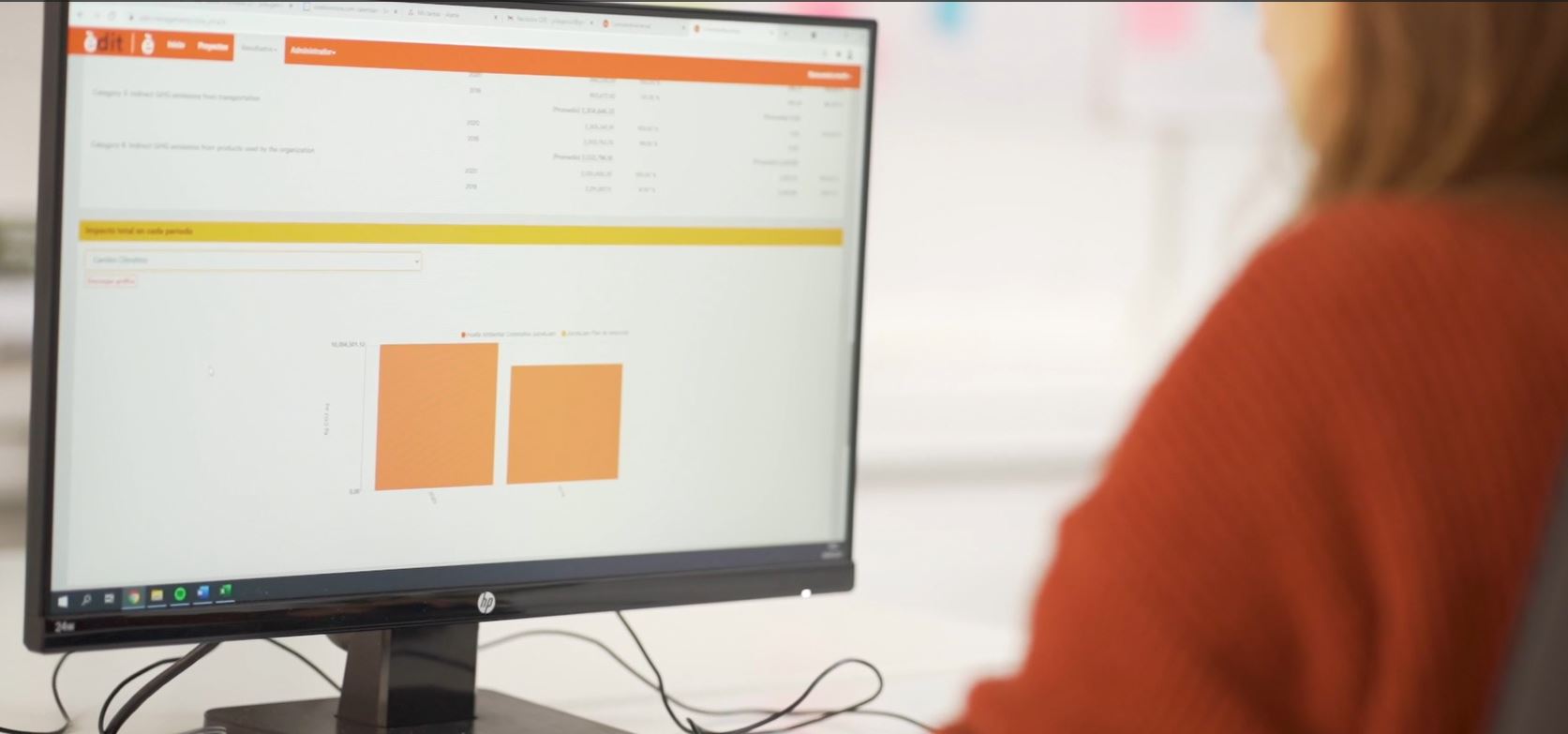
Purchasing Manager
Other denominations
Purchasing Specialist; Buyer; Purchasing and Logistics Manager; Procurement Manager
Description
Purchases represent a great cost for companies, not only in terms of the acquisition of strategic products for production, but also in relation to non-strategic ones (office supplies, etc.). This cost is event higher in companies that work with high added value products and use raw materials and equipment that have a higher cost than other industries.
Purchasing managers are responsible for the management of purchasing and supply of products, according to the manufacturing and distribution needs of their company, considering the best option for quality, service and price, and are also in charge of guaranteeing the level of service of the assigned products and collaborate in preparing the budget. Therefore, they assume purchase and negotiation tasks with approved suppliers in accordance with the strategy adopted.
These professionals analyse what technological elements should be introduced to the department in order to optimise purchasing processes and have the capacity to identify business opportunities generated by the market. Many times, these professionals adopt their own management functions, such as coordinating the purchasing department team, studying market and product trends, closing agreements with suppliers, analysing reports to determine ways to reduce costs, among others.
Purchasing managers develop their activity in medium and large companies and their work is related to the production, marketing and commercial departments.
Tasks
- Study and analyse how to reduce internal costs during the purchasing process.
Study the technical and technological aspects and components of the goods and products that are the object of the purchasing function.
Analyse the comprehensive costs of purchases.
Study and apply techniques in order to decrease the amounts paid to supplier companies as well as new technological integration solutions. - Draw up and direct the purchasing policy of their department.
Define the strategies for negotiating prices and purchase conditions.
Define and establish the supplier policy in order to ensure the requirements that must be met in terms of technology, quality, delivery capacity and management.
Establish the procedures and processes of the company for the purchase of materials and products. - Search and select suppliers, raw materials, alternative packaging and new purchasing channels.
Examine potential new suppliers, evaluate their offers, determine eligible suppliers, and evaluate which ones meet the requirements for quality, cost, development and management.
Evaluate possible supplier alternatives and intervene in the assessment of the concentration or diversification of suppliers.
Participate in the approval of suppliers together with the Quality Department.
Search for alternative purchases of materials and products.
Submit claims to supplier companies and examine their quality standards.
Evaluate the fulfilment by suppliers of the previously established criteria. - Negotiate delivery times, prices and purchase conditions with suppliers.
Establish the terms of the short-term purchases and evaluate their historical compliance.
Control, track and process contracts, orders and payment orders.
Negotiate agreements and establish the continuous improvement of suppliers through periodic reports where they record their level of service and quality.
Responsible for the creation and maintenance of the supplier classification system. - Manage purchases and supplies.
Evaluate the quantity of existing stocks and determine the suitable levels according to the company's production strategy.
Analyse the need for strategic outsourcing.
Analyse which technologies (EDI, e-sourcing, ERP') can optimize purchasing processes and report the results to the purchasing director.
Develop and control the inventory of stocks in order to plan the necessary purchases.
Apply JIT (Just In Time) supply policies, that is, to produce with minimum stocks. - Prepare the budget for the purchasing area and control its execution.
- Coordinate with different areas of the company.
Coordinate the information systems of the purchasing, warehouses and production areas that allow effective management of all these areas.
Report purchases throughout the company's line of business.
Advise on purchasing or manufacturing decisions for certain products. - Organise both the operational and functional aspects of the purchasing area and personnel policy. Optimise their human resources.
- Identify new opportunities and possibilities for continuous improvement.
Implement continuous improvement systems in terms of reducing costs, prices and expenses, streamlining procedures and products, globalizing purchases.
Actively participate in the development and improvement teams of new projects and processes. Visit suppliers and distribution centres and attend congresses and conferences.
Analyse purchasing needs, market trends and identify new opportunities.










 | Catalan | Beginner
| Catalan | Beginner | Catalan | Advanced
| Catalan | Advanced
 Open
Open



 | Catalan | Beginner
| Catalan | Beginner


